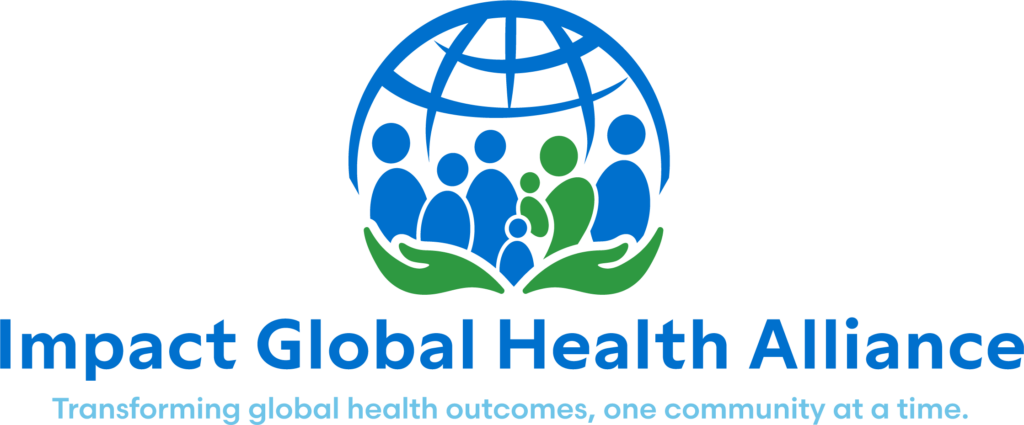Professor Mazar received her Ph.D. in Spanish from Florida Atlantic University. She has supported the work of Impact Global Health Alliance since she learned of the organization while conducting research in Guatemala. Through her host family, she learned of Impact Global Health Alliance’ projects. And how we involve local communities to reduce maternal and child mortality. Below are her responses to an interview she graciously gave on November 16th, 2015. Her responses are paraphrased and not in their original wording.
What do you wish other people knew about the Guatemala project?
Impact Global Health Alliance does not impose health beliefs on the population in Guatemala. Instead, Impact Global Health Alliance works together with the people who are from the country and with people from the region who speak the language and know the people. Impact Global Health Alliance works to address hardships and does not impose western biomedical culture. When it is necessary to encourage the use of western biomedicine, for instance when encouraging the use of prenatal vitamins, Impact Global Health Alliance does not go about it in a forceful way. Instead, Impact Global Health Alliance trains women from the communities who talk to other women and lead workshops. These women engage in trainings voluntarily and out of a desire to create a safer community. Impact Global Health Alliance promotes discussions around topics ranging from hand washing, infant malnutrition, and the importance of boiling water prior to consumption. Furthermore, Impact Global Health Alliance utilizes local talent and resources while creating jobs for people in the communities with which they work.
What did you do while you were in Guatemala with Impact Global Health Alliance?
I studied barriers to seeking care and sought to understand why people do seek care. I interviewed women about their maternal health seeking behavior, for instance their views on contraceptives use, biomedical care and midwife care.

What is something we in the US could learn from Guatemalan culture?
The people I met in Guatemala were the most caring and sharing people I have met in the world. People genuinely care about one another and contribute to their success and survival. If a mother loses a baby during the pregnancy or birth, others come together to help her by taking care of chores and her other children. I’m so impressed with this aspect of their culture.
What were the most interesting findings of your dissertation?
I found that there were networks of transnational support established by women as they moved between Guatemala and Palm County, Florida. Though women have access to care in Florida, they sometimes choose not to use it due to cultural and financial barriers. The women might be afraid of deportation, or uncomfortable with unfamiliar care practices such as blood tests. Women who have lived in the states for longer reach out to newer migrants to share information about the maternal care and resources available.Women in both regions are resilient in that they overcome difficult circumstances through a support system. So often the research on migrants portrays them as a vulnerable population. This study was focused on their resilience.
Where are you now and what are you doing?
I am at Drake University teaching courses in Spanish language as well as Maya history and culture, including the adversities Mayans currently face in Guatemala.
Impact Global Health Alliance wishes to thank Professor Mazar for giving this interview and for her continued support of our efforts in Guatemala.




